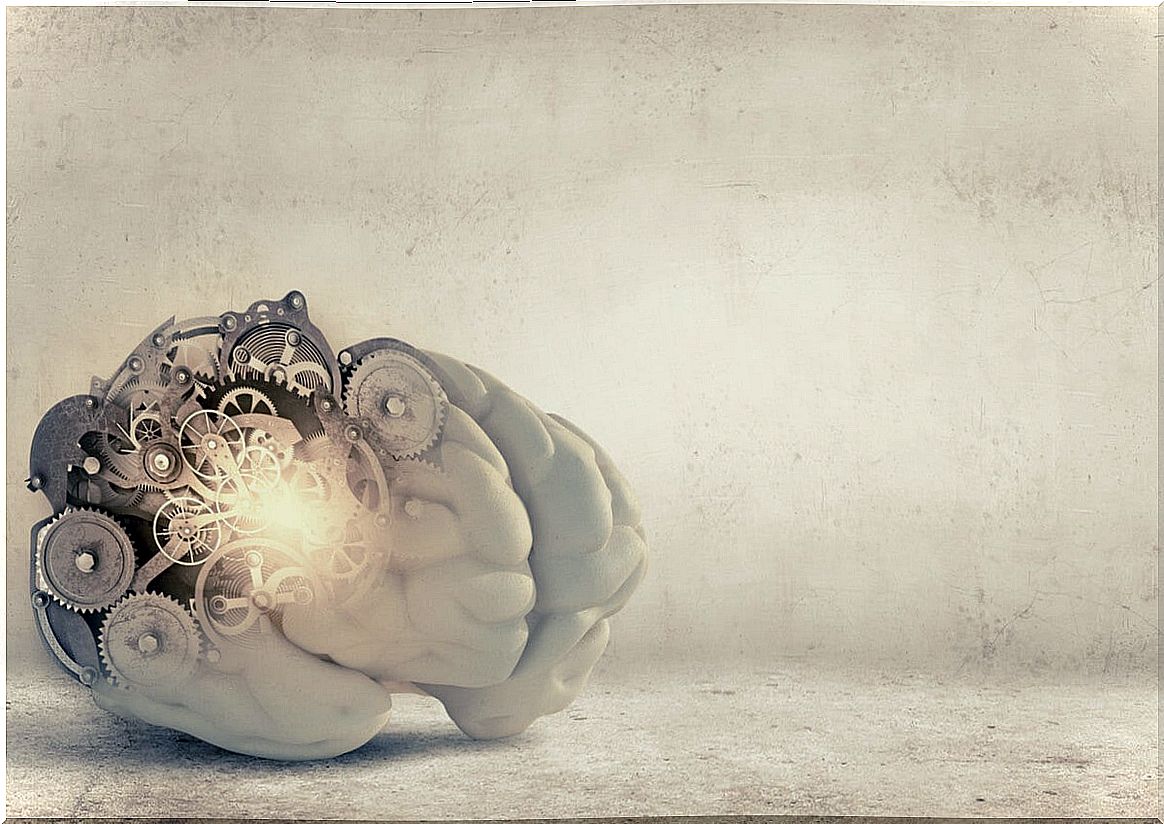Multitasking With Digital Media Can Alter Memory, According To Study

A recent study has once again put “the finger on the sore” in terms of multitasking with digital media. While this is not entirely conclusive research, it does present strong insights into the effect of looking at multiple screens at the same time. This was found to impair memory.
The research, which was published in the journal Nature , was carried out by a team of scientists led by Dr. Kevin Madore. Broadly speaking, it presents an experiment with young adults and offers clear evidence that multitasking with digital media does affect cognitive performance.
Although there has been talk of memory impairments caused by multitasking with digital media for a long time, now there are very solid elements to prove it. Although the researchers have been cautious in this regard and suggest the need for further studies to corroborate their conclusions.

Multitasking with digital media
What the team of researchers did was recruit a group of 80 volunteers, all of them between the ages of 18 and 26. The goal was to find out if multitasking with digital media affected cognitive performance.
Before continuing, let’s clarify something. When talking about multitasking with digital media, what is referred to is situations in which a person is interacting with several screen devices at the same time. For example, when you watch television, while chatting with someone and watching social networks.
To study the issue, the scientists put the 80 young people in a situation that demanded attention and memory. They were presented with a group of objects on a computer screen and asked to classify them according to different variables such as size or liking.
After doing several rounds, everyone was given a 10-minute break. Then they were presented with a new group of objects and they had to answer if they had already seen them in the previous rounds, or it was the first time they had been presented to them.
The results of the study
During the experiment, the volunteers were monitored by electroencephalography. Thanks to this technique, it is possible to monitor neuronal activity and the diameter of the pupil. This made it possible to detect the activity of attention and memory. A reduction in the diameter of the pupil, for example, is a sign of poor attention.
In the end, all the participants answered a questionnaire. The answers made it possible to quantify the level of attention of the volunteers, as well as their tendency to wander and, of course, their inclination to multitask with digital media in daily life. This information was crossed with that obtained in the previous phase.
The results showed that those who multitasked the most with digital media were also more likely to have dispersed attention. Likewise, it was evidenced that forgetfulness manifested itself especially in the face of the first round of images and that the brain patterns showed a reduction in episodic memory, that is, that which is related to specific events.

A topic that will continue to be investigated
The observations of the study allowed to conclude that there is a clear relationship between the difficulty to maintain attention, multitasking with digital media and poor memory performance. In other words, those who are easily distracted and multitask with their devices also have less ability to remember.
The truth is that this research does not allow us to conclude that multitasking with digital media is what causes problems with attention and memory. In fact, it could be the opposite, that is, difficulties in attending and memorizing make people more prone to multitasking with digital media. Therefore, further studies are still required to reach a definitive conclusion.
Meanwhile, many experts point out that the human brain is not designed to be attending to several things at the same time. Therefore, it would not be uncommon to find that multitasking is indeed a factor that impairs intellectual abilities.
For this reason, it is very important that there is greater awareness of the use of new technologies and, above all, moderation in the way they are managed.









